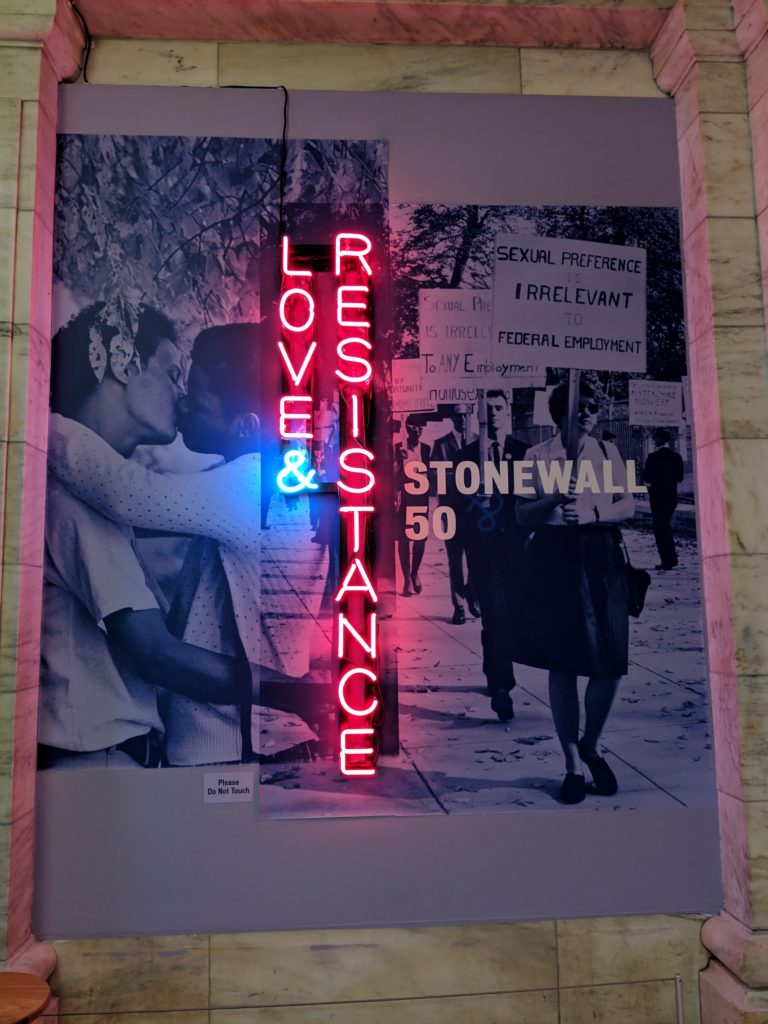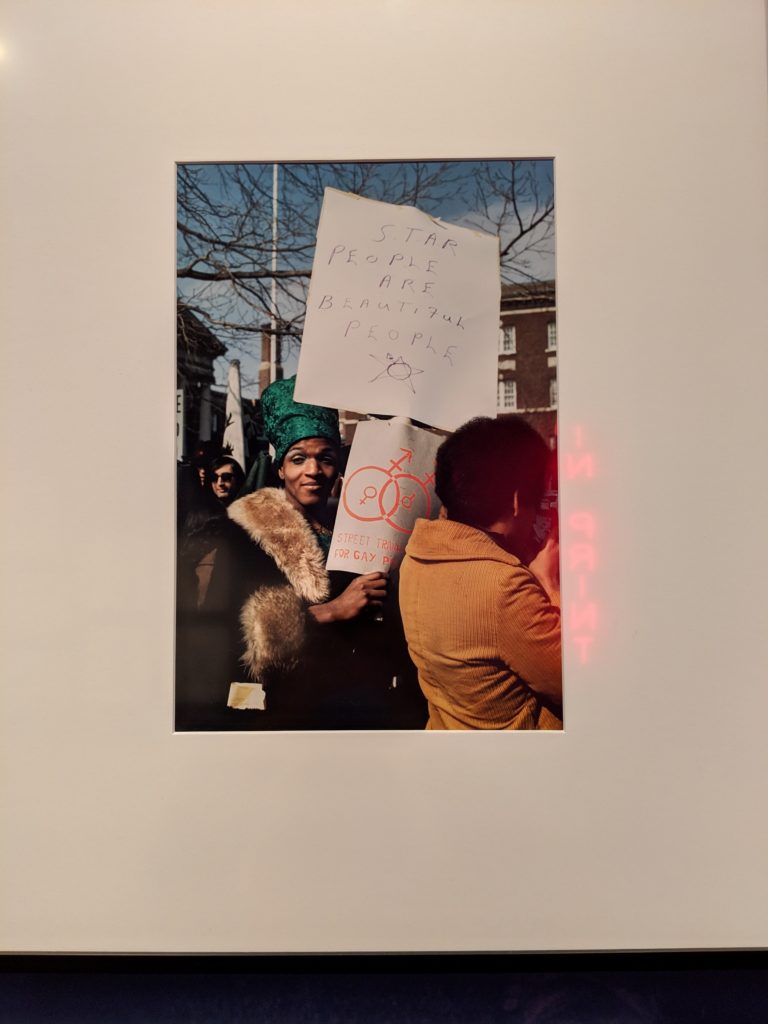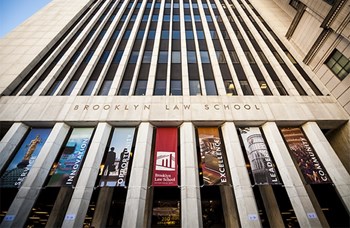The BLS Library is excited to welcome a new class of students and begin the 2019-2020 academic year! As you settle in and begin your classes, keep in mind the following library resources:
Course Books on Reserve: The BLS library keeps 1 copy of every 1L course textbook on reserve. You can check out textbooks for 2 hours and use the book scanner to make copies of the sections you need. The reserve collection is located on the ground floor behind the circulation desk.
Scanning: The library has two scanners, one of which is also a photocopier, located on the first floor. The copier/scanner allows you to email scanned documents, while the large book scanner allows you to email or save your documents to a USB drive. Both allow for color or black & white scanning. There is no charge for scanning.
Printing: The library has printers on the cellar, first, second, and third floors of the library. There is also a networked a printer on the fourth floor in the cafeteria. The IT department is responsible for student and faculty printing accounts. Instructions on how to install the printing software, known as Pharos, and instructions on how to print using the networked printers can be found at the IT Printing & Pharos User Guides page on BLSConnect.
Searching the Library’s Collection: You can search the library’s collection using SARA, OneSearch, or Find a Source. The SARA Catalog is used for searching books, journals, and databases. You may use OneSearch for searching articles and books. To find out whether we have a specific e-journal or database, use our Find a Source page.
Research Databases:We subscribe to a large number of subscription databases and journals to support research and scholarship at Brooklyn Law School. You can browse our A to Z Guide to Databases, which lists our major databases organized by subject area or alphabetically.
Off-Campus Access:
You can access Westlaw, Lexis, and Bloomberg using the username and password that you received when you set up these accounts (you will receive instructions for setting up these accounts during orientation). To access other subscription databases when you’re not on campus, you will have to set up the proxy server. To set up a proxy server, select your browser and follow the instructions below:
Microsoft Edge Proxy Instructions
Safari (Mac) Proxy Instructions
Firefox (PC) Proxy Instructions
Firefox (Mac) Proxy Instructions
Note that Google Chrome is not recommended for accessing e-resources because many of these databases do not function optimally with this browser.
Research Guides: BLS’s Research Guides are written by Brooklyn Law School’s reference librarians to help you conduct legal research in different subject areas. Be sure to check out the 1L Resources, Tips & Tools Research Guide and the A-Z Databases Research Guide.
Reference Services: Reference services are available 9 am – 8 pm, M – Th, 9 am – 5 pm on Friday, and 12 pm – 4 pm on Saturday. You can email askthelibrary@brooklaw.edu, call the reference desk at 718-780-7973, use the chat feature on the library’s website, or visit us at the reference desk, located on the ground floor.
Good luck and we look forward to meeting all of you!!!




